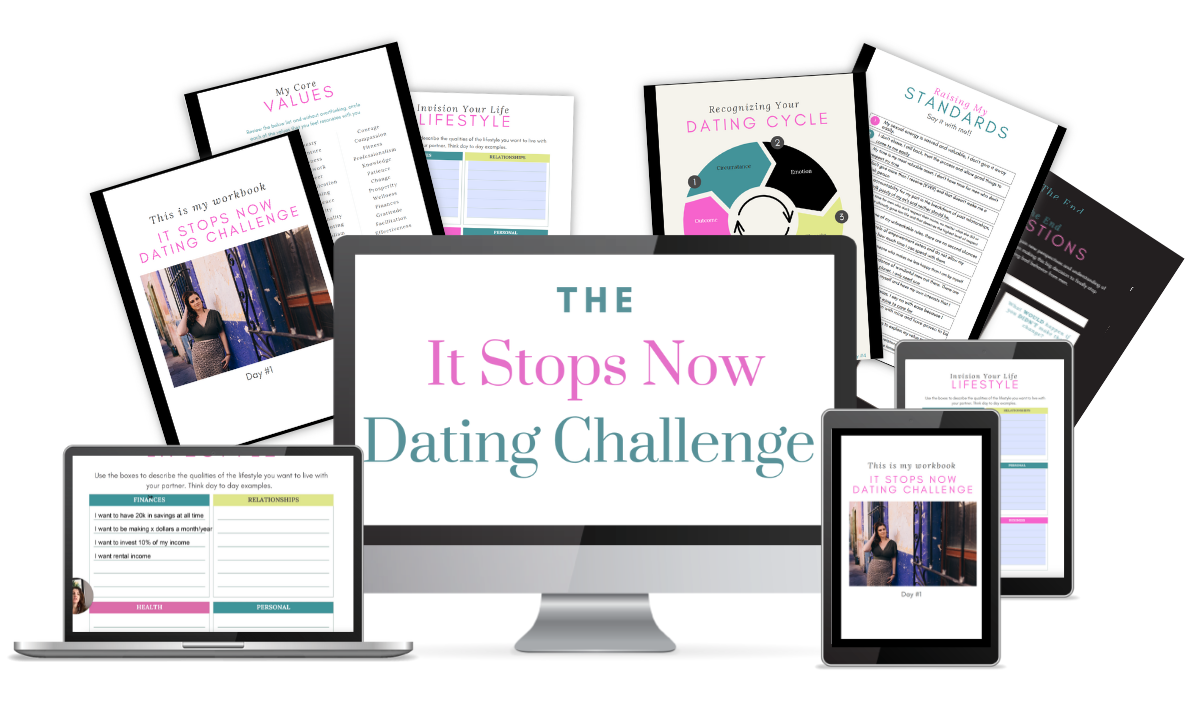Ep. 55/ When is it too soon to say “I love you?”
Love is a profound journey that requires time to flourish
“I swear I couldn’t love you more than I do right now, and yet I know I will tomorrow.” – Leo Christopher
Isn't it intriguing how "I love you" can sometimes be the most thrilling yet perplexing phrase in a relationship? As a dating relationship coach, I've witnessed firsthand the complexity of emotions that bubble up when these three words are uttered, especially within the first couple of months.
So, why is it that some individuals declare their love so early on? And when should we truly consider saying those words?
LISTEN NOW 👇
The Early Declaration: Picture this—you've been dating for only a short while, yet he's already professing his love for you. It's like a neon sign flashing "Screaming Red Flag," especially for those of us who are awakened and deeply connected with our higher consciousness. But what's really going on here? The truth is, these early declarations are often a result of overwhelming emotions experienced in the honeymoon phase.
The Honeymoon Phase: The initial stages of a relationship are often marked by heightened excitement, intense emotions, and euphoria. It's like stepping into a realm of enchantment where everything feels perfect. However, the tricky part is that these intense emotions can mimic the sensations of love, leading some to believe that they're already head over heels.
Love vs. Infatuation: The distinction between love and infatuation lies in the element of time. Love is a profound connection that grows and strengthens as time passes, built on shared experiences, trust, and mutual understanding. Infatuation, on the other hand, is characterized by the intensity of emotions in the early stages, but it lacks the depth that only time can provide.
The Power of True Love: True love is a gradual blossoming of emotions, nurtured by shared memories, mutual respect, and commitment. When someone utters "I love you" early on, it's often a reflection of the intense feelings of the moment rather than a deep-rooted understanding of the other person.
So, when is the right time to utter those sacred words?
Guiding Timelines: While every relationship is unique, it's wise to exercise a degree of caution before proclaiming your love. One suggestion is to wait for at least three to four months before committing to the "I love you" milestone. This timeframe allows for a deeper connection to be formed, beyond the initial whirlwind of emotions.
Healthy Love: True love is not just about words—it's about consistent actions that showcase your commitment and connection. Healthy love means showing up for each other, consistent communication, and genuine efforts to understand and anticipate each other's needs.
Open Communication: Early in the relationship, open up about your feelings regarding the expression of love. Communicate that you believe in allowing time for emotions to develop and connections to strengthen before diving into declarations of love. Transparency fosters understanding and sets the stage for a healthier relationship.
Instead of being swayed by hasty emotions, focus on building a strong foundation and nurturing your connection.
In conclusion, my dear readers, if you ever find yourself in a situation where "I love you" is voiced too soon, remember that it's okay to take a step back. Embrace the wisdom of time and shared experiences that form the bedrock of true love.
Thank you for joining me in this exploration of the heart. Let's embark on this journey with eyes wide open and hearts ready to truly experience the depth of love.
Join The FREE Dating Challenge To Start Attracting Your Aligned High Value Masculine Man!!
This challenge will walk you through how to unlock your feminine attraction superpower by healing insecure attachment styles, tapping into your feminine energy and raising your standards.
In doing this you will become magnetic to high value masculine men, attracting your aligned soulmate.
**This post is based on personal experiences and observations and should not substitute professional counseling or therapy. If you're facing significant emotional distress, consider seeking guidance from a licensed mental health professional.





